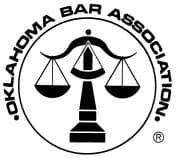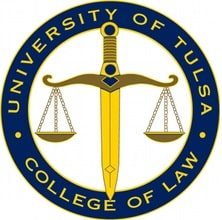
15 Jan The Corporate Transparency Act: What You Need To Know
If you own a small business, you could soon be required to report ownership details to the federal government or face stiff penalties and possible jail time. Here’s what you need to know about the Corporate Transparency Act:
What Is The Corporate Transparency Act?
The Corporate Transparency Act (CTA) went into effect on January 1, 2024. This act requires otherwise unregulated companies to report information about “beneficial owners”, those who own at least 25% of the company or exercise substantial control over the reporting company, to the U.S. Department of the Treasury’s Financial Crimes Enforcement Network (FinCEN). Failure to comply could result in fines of up to $10,000 and imprisonment for up to two years.
Why Target Small Businesses?
The law attempts to close a loophole in corporate regulations that enables criminals to hide their identities using shell companies. However, the legislation may affect almost every small business in the U.S., including limited liability companies (LLCs) commonly used by mom-and-pop shop owners.
Does the Corporate Transparency Act Apply to Nonprofits?
Nonprofits with an active 501(c) status or charitable organizations will not need to worry about new reporting requirements under the Corporate Transparency Act.
What Entities Are Exempt?
The Corporate Transparency Act provides transparency measures for beneficial ownership of certain businesses, aiming to prevent money laundering and illicit financial activities. However, it does exempt specific entities from its requirements. Here is an expanded explanation of the entities exempt from the Corporate Transparency Act:
- Accounting Firms: Businesses engaged in accounting services are exempt from the Corporate Transparency Act. This exemption recognizes the sensitive nature of financial information handled by accounting firms.
- Banks: Financial institutions, such as banks, are also exempt from the Act. This exemption aligns with the existing regulatory framework that banks adhere to in terms of financial transparency.
- Charitable Entities: Organizations operating as charitable entities enjoy an exemption under the Corporate Transparency Act. This recognizes the unique nature of non-profit organizations and their focus on charitable activities.
- Large Operating Companies: The Act exempts certain large operating companies that meet specific requirements. This exemption acknowledges that larger corporations may already be subject to rigorous reporting and transparency measures.
It’s important to note that these exemptions are not blanket exclusions but are contingent on businesses meeting specific criteria outlined in the law. The exemptions aim to balance the need for transparency with the practical considerations of certain business activities. Businesses falling under these exemptions will need to ensure they fulfill the stipulated requirements to maintain their exempt status.
What Are the Requirements?
Entities created on or after January 1, 2024, must report beneficial owner information to the FinCEN website within 30 calendar days of creation. Existing entities created before January 1, 2024, have until January 1, 2025, to comply with the statute. However, if they undergo ownership changes such as those triggered by a sale or taking in a new investor, they have 30 days from the date of the change.
“If you’re a business owner, thoroughly familiarize yourself with the CTA’s reporting requirements and meet with us to discuss whether the new law affects you,” Crews advises. “Don’t wait for the government to come knocking – the stakes are just too high with possible fines up to $10,000 and imprisonment for up to two years.”
If you have further questions about how the new Corporate Transparency Act applies to your business, contact the Gary Crews team today!







